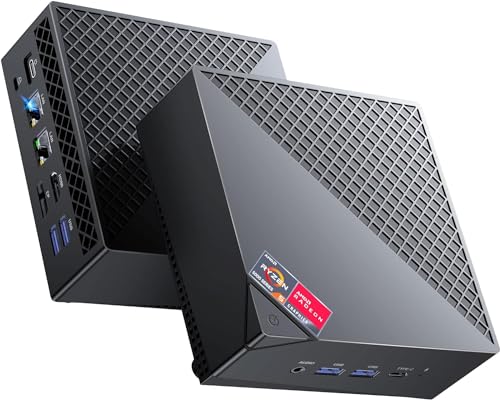Understanding Intel CPUs: What Makes Them Stand Out?
The Basics of Intel CPUs
Intel CPUs, or central processing units, serve as the brain of your computer, executing instructions and performing calculations that enable your machine to run software effectively. What sets Intel apart is its longstanding reputation for reliability and performance. Known for producing a wide range of processors, Intel offers options suitable for different users, from casual surfers to intense gamers and professionals who require robust performance for demanding applications.
Architectural Innovation
Intel routinely invests in research and development to innovate its CPU architecture. Features such as hyper-threading, which allows multiple threads to run simultaneously on each core, enhance performance dramatically, especially when multitasking. Additionally, Intel’s advancements in manufacturing processes often lead to increased power efficiency, translating to lower heat generation and improved battery life for laptops.
Choosing the Right Intel CPU for Your Needs: Gaming, Work, or Everyday Use
Gaming Requirements
When it comes to gaming, we should look for CPUs that can handle graphics-intensive tasks. Intel’s Core i5 and i7 series are highly recommended for gaming enthusiasts since they strike an excellent balance between performance and cost. These processors come equipped with multiple cores, enabling them to manage demanding game mechanics without compromising frame rates.
Work and Professional Use
For users focused on professional tasks such as 3D modelling, video editing, or software development, going for an Intel Core i7 or i9 will deliver the power needed for efficient workflow. These processors offer a higher number of cores and threads, making them ideal for running resource-heavy applications and multitasking throughout the workday.
General Everyday Use
For general use like browsing the web, streaming videos, or running office applications, an Intel Core i3 would typically suffice. It provides adequate power for everyday activities while being more cost-effective. This range is perfect for those who don’t require advanced processing power but still want a responsive experience.
Top Features of Intel CPUs: What Should We Look For?
Core and Thread Count
When selecting an Intel CPU, one important feature is the core and thread count. More cores generally mean better multitasking abilities. A CPU with 6 or 8 cores is favourable for heavy usage, while simpler tasks may only necessitate 4 cores. Additionally, CPUs with hyper-threading can handle up to twice the number of threads as cores, boosting performance in multi-threaded applications.
Clock Speed and Performance
We should also consider clock speed, measured in gigahertz (GHz). This indicates how many cycles a CPU can perform per second. Higher clock speeds translate to quicker processing times. Intel’s Turbo Boost feature automatically increases clock speed under load, providing an extra performance boost when most needed.
Integrated Graphics
Many Intel CPUs come with integrated graphics, which saves us the expense of acquiring a separate graphics card for everyday tasks and light gaming. Look for models with Intel UHD graphics if we’re primarily targeted towards multimedia consumption or casual gaming.
Budgeting for Your Intel CPU: Price Points Explained
Understanding Different Price Ranges
Intel CPUs come in various price ranges, typically starting from around £100 for entry-level models to over £500 for high-end processors. Knowing our budget is crucial; we can achieve solid performance in gaming or professional work without overpaying for features we might not use.
Value for Performance
When considering our budget, evaluate the performance we receive for our investment. Often, the Core i5 processors offer excellent value for both gaming and everyday computing without crossing into premium price territory. For those on a tighter budget, older generations of CPUs can still provide reliable performance.
Future-Proofing Your PC: How Intel CPUs Hold Up Over Time
Long-Term Value
Investing in a slightly more powerful Intel CPU now can be beneficial for future-proofing. Higher-end models not only perform well today but tend to keep up with software demands as technology advances. Opting for a processor with a greater core count can prolong the relevance of your PC setup over the coming years.
Upgrade Pathways
Intel frequently develops newer generations of processors, and most Intel CPUs are designed to work within specific chipset families. Purchasing a motherboard that supports the latest technology means we can upgrade our CPU down the line without needing to replace other components, making Intel a wise choice for longevity.



















